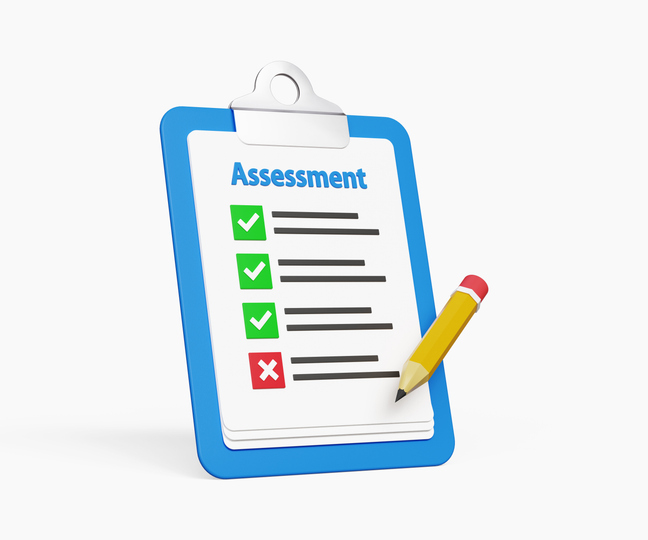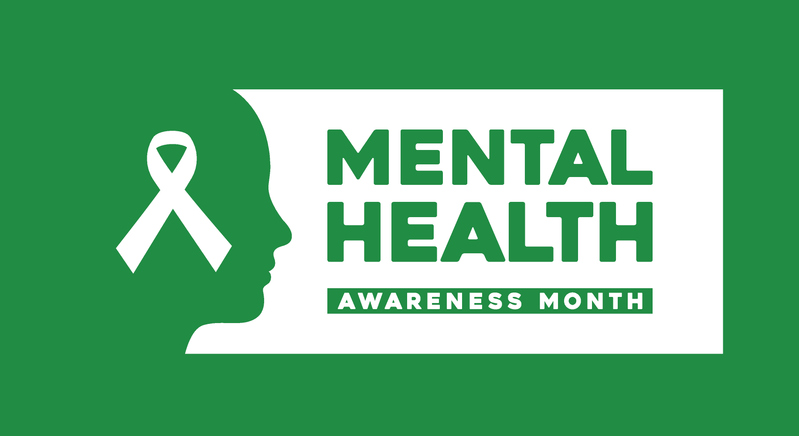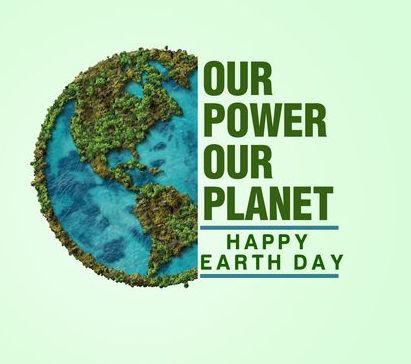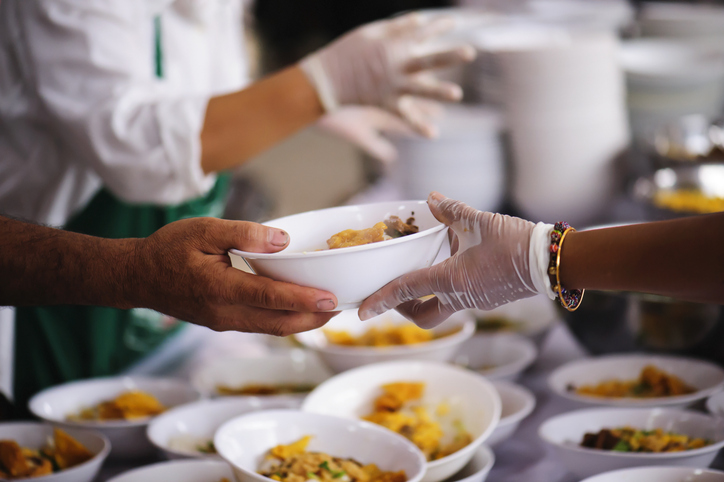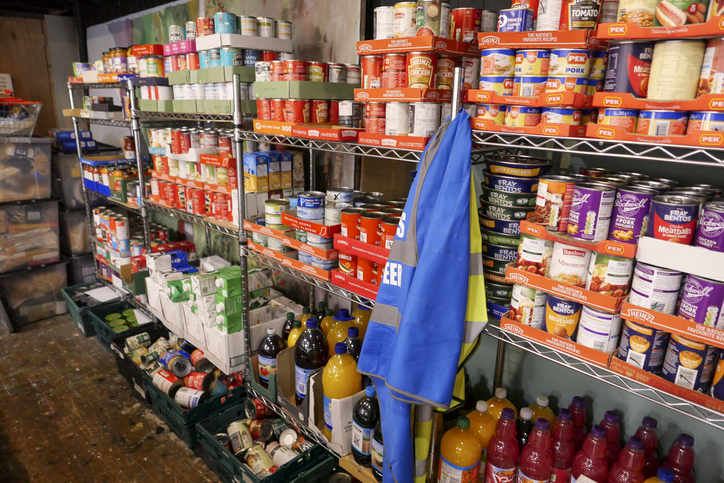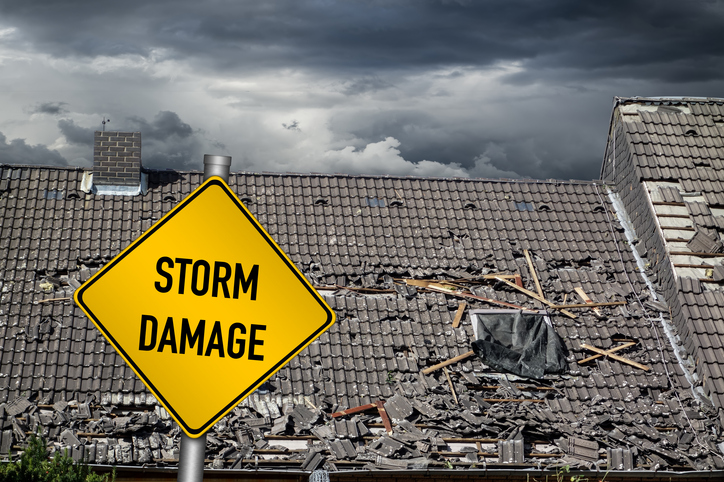Curious how charities get evaluated by BBB Wise Giving Alliance? This behind-the-scenes look at our collaborative, standards-based process reveals how we work with charitable organizations to build transparency and public trust.
How We Begin: Reaching Out to Charities
At BBB Wise Giving Alliance, we believe our relationships and communications with charities set us apart. Our process begins with a request letter from an analyst to a charity asking that they complete our online questionnaire form. This form asks charities to voluntarily submit information on their governance, financial, self-reporting, and fundraising practices. We reach out to charities we’ve previously evaluated to update their report once every two years, and request information from new charities based on public inquiry as they come up. Often charities come to us to be evaluated and we also give charities that have declined participation in the past a new opportunity to submit information each year.
The Review Process: Dialogue, Drafts, and Transparency
Working With Charities to Demonstrate Their Trustworthiness
Why This Matters: Building Donor Trust Through Accountability
All Evaluations Are Free and Accessible to the Public at Give.org
Recent Reports
We are always working with charities to publish or update reports for donors. Visit Give.org or local BBBs to check out any charity before giving. Our recently evaluated charities include:
Finally, remember to let us know by going to give.org/charity-inquiry if you are interested in seeing a report on a charity not on the list and we will do our best to produce one.

